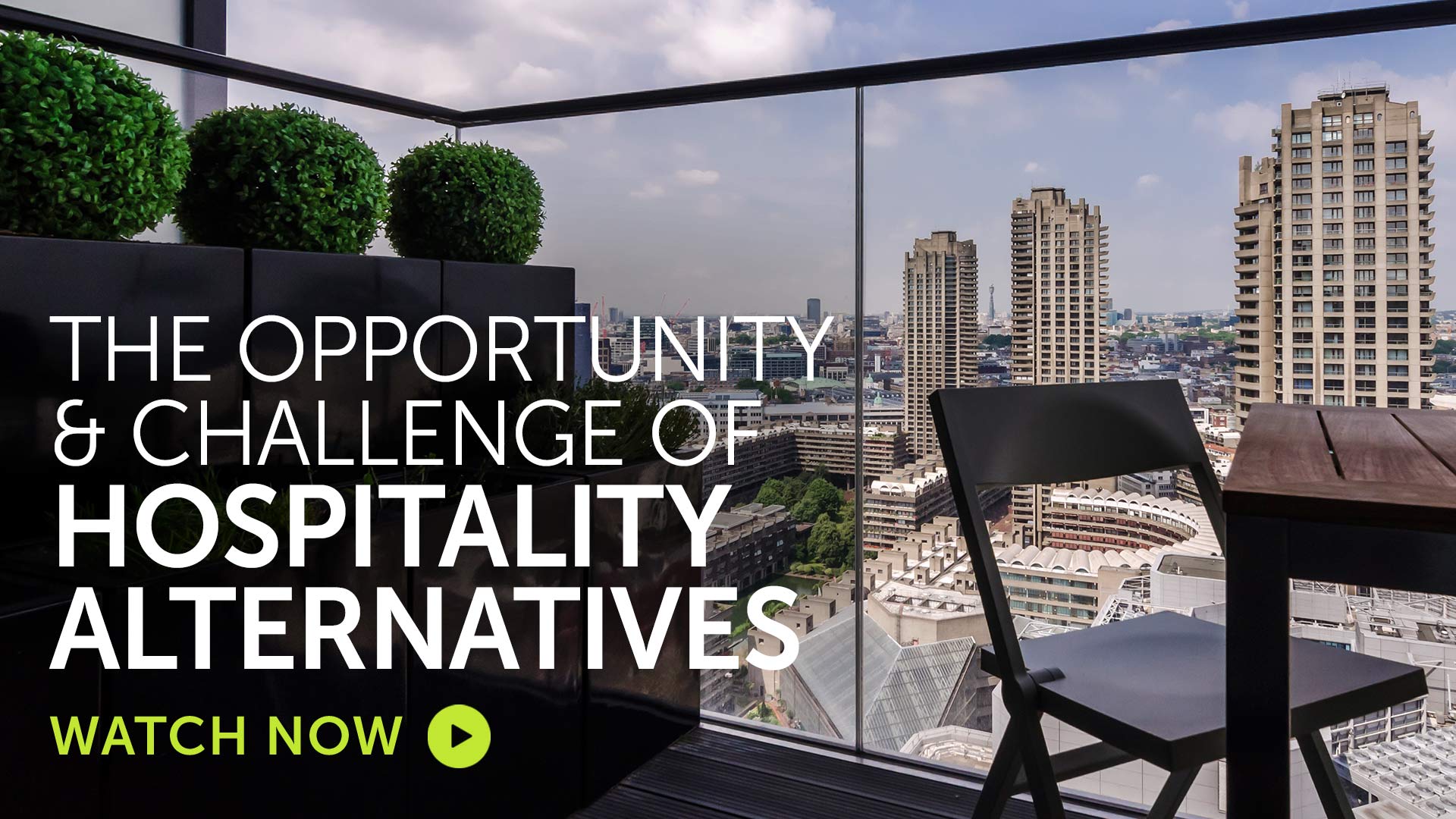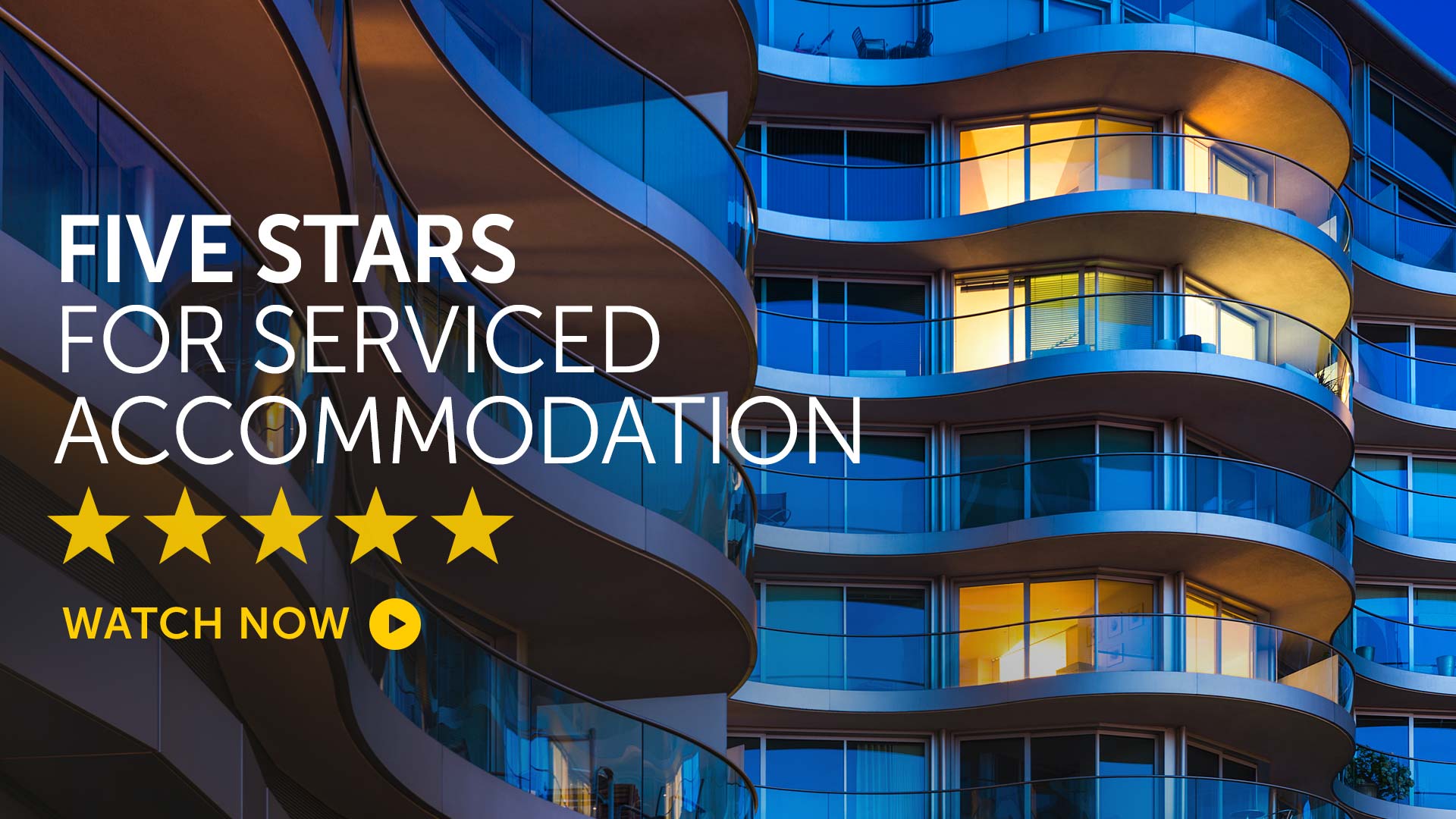A report by JLL has found that serviced apartments account for less than 10% of total room inventory in London – and in UK regions account for only 3.9%. This highlights that there is still a lot of opportunity for serviced apartments and other types of alternative accommodation to grow. But are these relatively new products less attractive to investors?
Four hospitality experts discuss the performance of hotel alternatives:
JLL’s report found that there are over 1,500 serviced apartment rooms due to open in London between now and 2019. This shows that the sector is only going to become more mainstream, and with that there will be more evidence on performance for investors.
As discussed in the above videos, some regions across the globe, such as the US, have a bigger alternatives market than others. JLL states that the number of serviced apartment rooms vs hotel rooms in Singapore is higher than in London with 10% of total room supply.
In Europe, the market is still developing. According to JLL, the key serviced apartment operators at the moment are AccorHotels, The Ascott Limited, BridgeStreet Global Hospitality, Frasers Hospitality, and Go Native. They also state that some up and coming operators are Staycity, Zoku and Starwood Capital.
If you’ve been sent to this page and you’re not yet on the circulation list to receive these regular briefings and you would like to sign up, you can do see here. It’s free.
Video clips produced by ybc.tv for the Hospitality Channel, including interview from industry conferences such as the IHIF conference as well as specific Hospitality Channel shoots.









